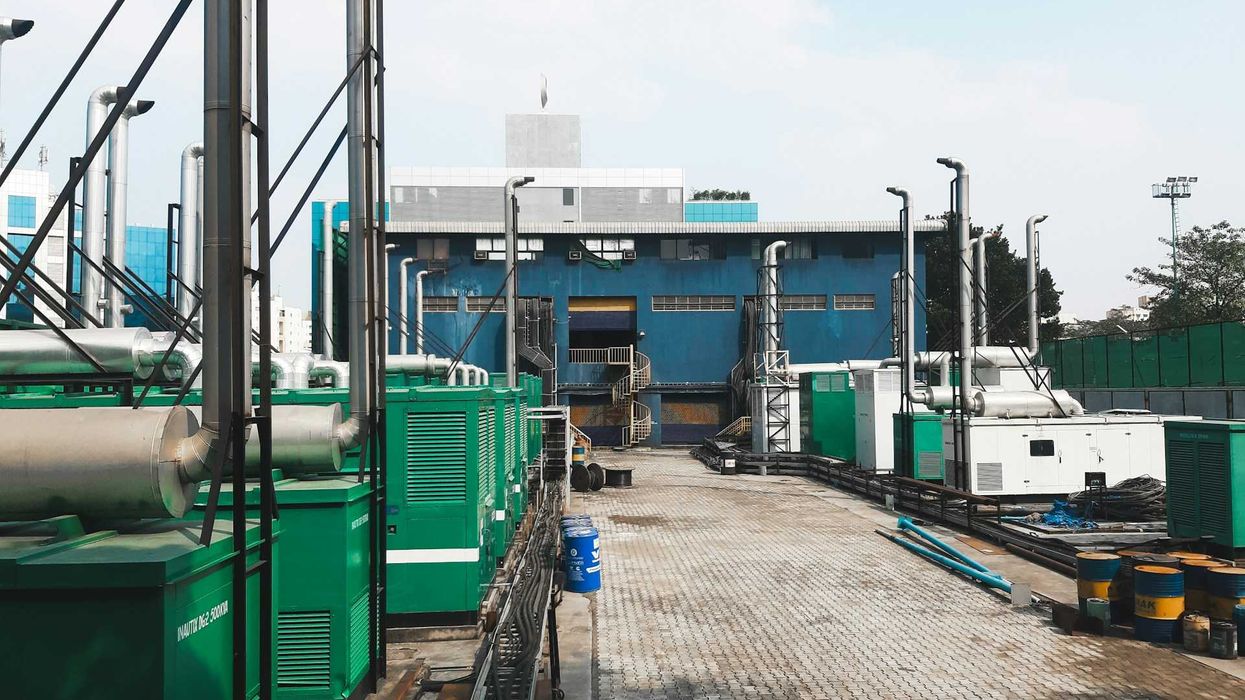The rising cost of home insurance, driven by worsening climate disasters, threatens the financial security of millions of Americans and could lead to widespread migration away from high-risk areas.
Abrahm Lustgarten reports for ProPublica.
In short:
- A new study by First Street Foundation predicts nearly $1.5 trillion in U.S. housing losses over the next 30 years due to rising insurance costs linked to climate disasters.
- Home insurance premiums have increased 31% since 2019 and could rise another 29%, making homeownership less financially viable in vulnerable regions.
- The study suggests more than 55 million Americans may relocate due to climate risks in the coming decades, shifting real estate values across the country.
Key quote:
First Street’s Foundation's work “plays the role of Paul Revere, of the challenge we could face if we fail to adapt.”
— Matthew Kahn, economist at the University of Southern California
Why this matters:
Owning a home has long been a primary way for Americans to build wealth, but increasing insurance costs threaten that stability. Climate-driven migration could reshape entire communities, deepen economic inequality and make housing less affordable for future generations.
Related:














